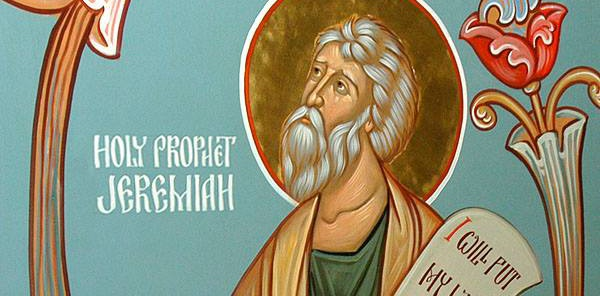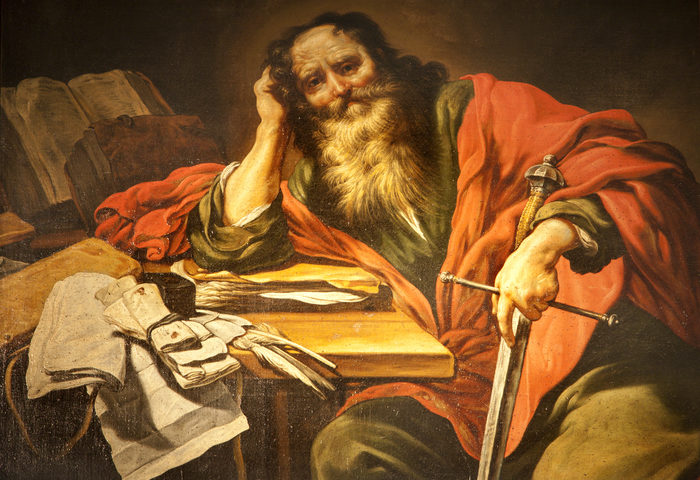2 Kings 4:42-44
They will eat, and have some left over
A man came from Baal-shalishah, bringing Elisha, the man of God, bread from the first-fruits, twenty barley loaves and fresh grain in the ear.’ ‘Give it to the people to eat’, Elisha said. But his servant replied, ‘How can I serve this to a hundred men?’ ‘Give it to the people to eat’ he insisted ‘for the Lord says this, “They will eat and have some left over.”’ He served them; they ate and had some left over, as the Lord had said.
The word of the Lord.
________
Psalm 144(145):10-11,15-18
You open wide your hand, O Lord, and grant our desires.
and your friends shall repeat their blessing.
They shall speak of the glory of your reign
and declare your might, O God.
You open wide your hand, O Lord, and grant our desires.
and you give them their food in due time.
You open wide your hand,
grant the desires of all who live.
You open wide your hand, O Lord, and grant our desires.
and loving in all his deeds.
He is close to all who call him,
who call on him from their hearts.
You open wide your hand, O Lord, and grant our desires.
________
Ephesians 4:1-6
One Body, one Spirit, one Lord, one faith, one baptism, one God
I, the prisoner in the Lord, implore you to lead a life worthy of your vocation. Bear with one another charitably, in complete selflessness, gentleness and patience. Do all you can to preserve the unity of the Spirit by the peace that binds you together. There is one Body, one Spirit, just as you were all called into one and the same hope when you were called. There is one Lord, one faith, one baptism, and one God who is Father of all, over all, through all and within all.
The word of the Lord.
Gospel Acclamation
cf.Jn6:63,68
Alleluia, alleluia!
you have the message of eternal life.
Alleluia!
Lk7:16
Alleluia, alleluia!
God has visited his people.
Alleluia!
________
John 6:1-15
The feeding of the five thousand
Jesus went off to the other side of the Sea of Galilee – or of Tiberias – and a large crowd followed him, impressed by the signs he gave by curing the sick. Jesus climbed the hillside, and sat down there with his disciples. It was shortly before the Jewish feast of Passover.
Looking up, Jesus saw the crowds approaching and said to Philip, ‘Where can we buy some bread for these people to eat?’ He only said this to test Philip; he himself knew exactly what he was going to do. Philip answered, ‘Two hundred denarii would only buy enough to give them a small piece each.’ One of his disciples, Andrew, Simon Peter’s brother, said, ‘There is a small boy here with five barley loaves and two fish; but what is that between so many?’ Jesus said to them, ‘Make the people sit down.’ There was plenty of grass there, and as many as five thousand men sat down. Then Jesus took the loaves, gave thanks, and gave them out to all who were sitting ready; he then did the same with the fish, giving out as much as was wanted. When they had eaten enough he said to the disciples, ‘Pick up the pieces left over, so that nothing gets wasted.’ So they picked them up, and filled twelve hampers with scraps left over from the meal of five barley loaves. The people, seeing this sign that he had given, said, ‘This really is the prophet who is to come into the world.’ Jesus, who could see they were about to come and take him by force and make him king, escaped back to the hills by himself.
The Gospel of the Lord.



.jpg)
